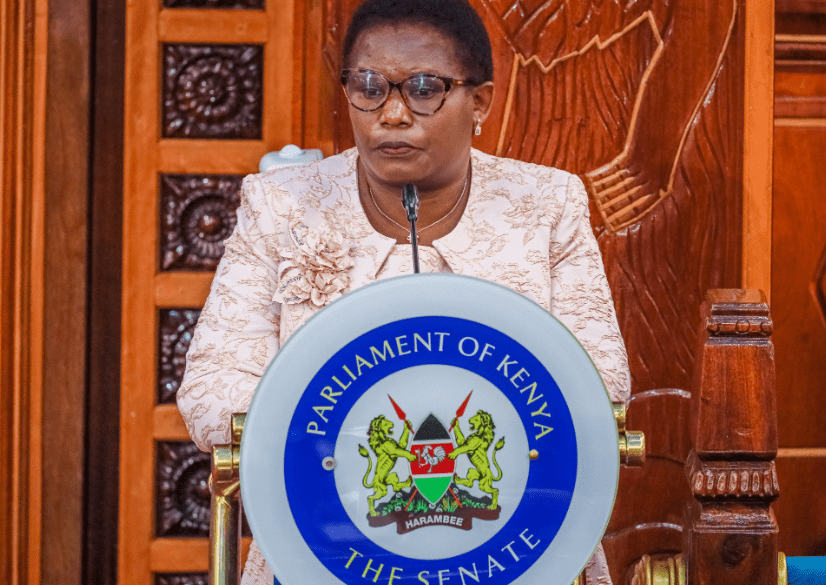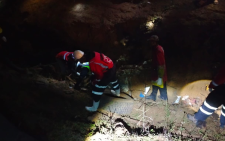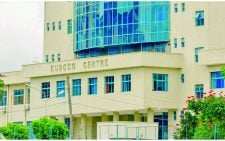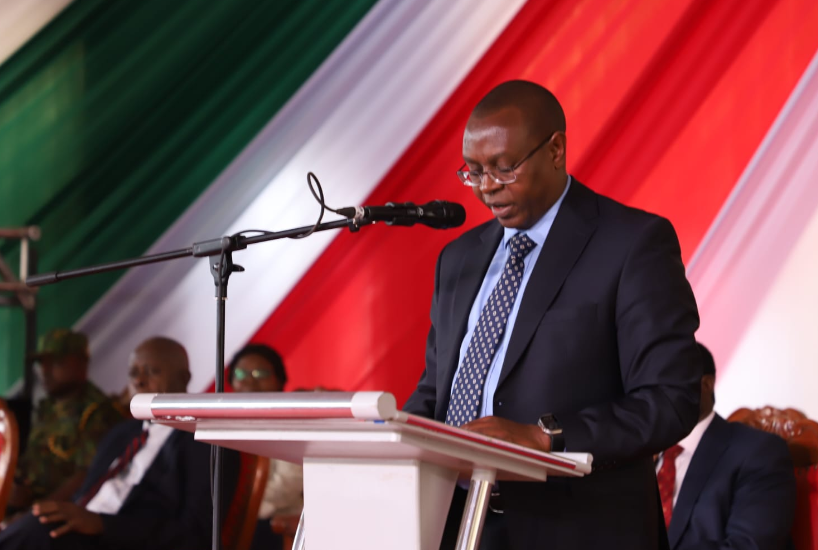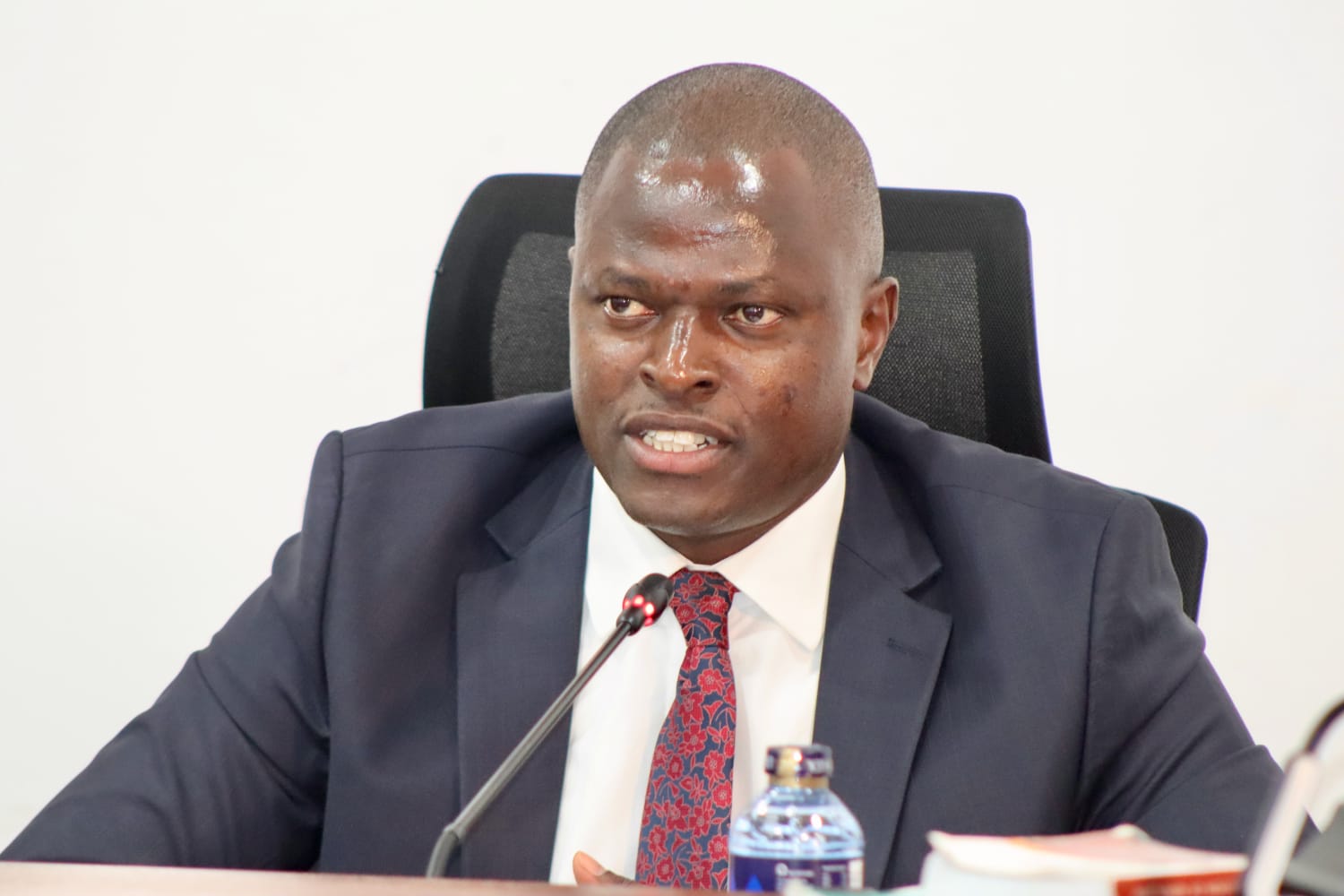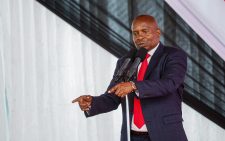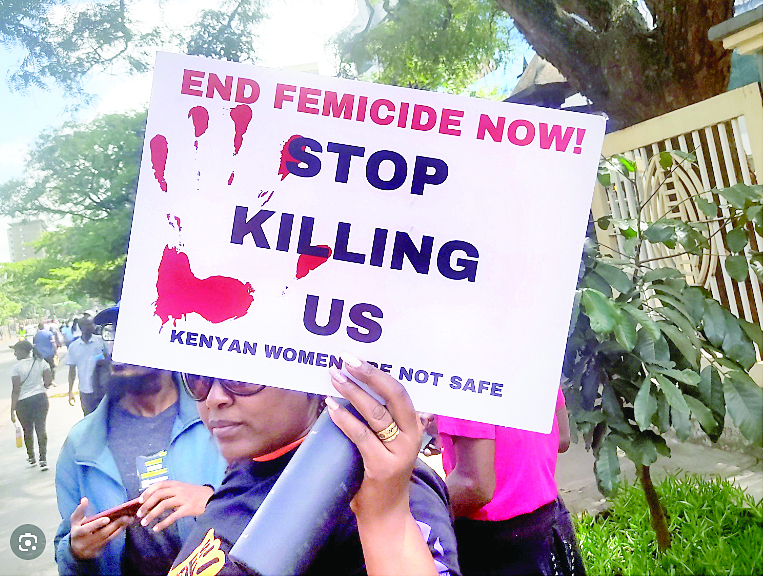Civil society, private sector deserve place in EALA
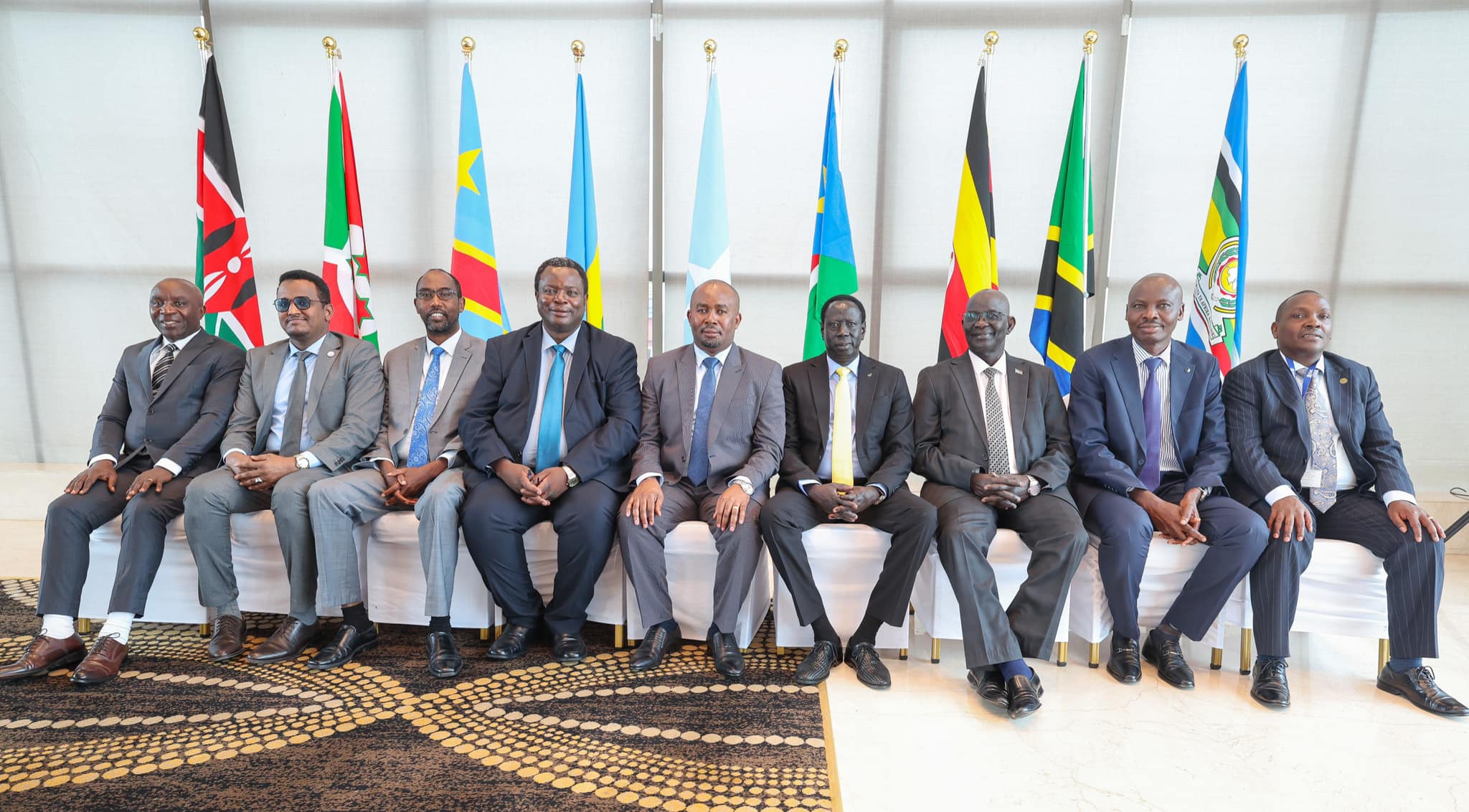
On 11 December, the main auditorium at Pullman Hotel in Upper Hill, Nairobi, was full to capacity by 8am. For the second day running, the seventh Secretary General’s Forum of the East African Community (EAC) was underway, and the stage set for a hackathon under the EAC-GIZ LIFTED project.
A ‘hackathon’ is a collaborative event in which groups of individuals work together to solve a problem, or create new opportunities within a specified timeframe. Women and youth innovators from across the region got an opportunity to showcase and pitch inventions they had developed on socio-economic maladies afflicting local communities in their respective partner states.
Article 4(3) of the EAC treaty designates the secretary general as the EAC’s representative in its collaborative engagements with stakeholders, the civil society and private sector included.
Civil society and the private sector, therefore, feature prominently in the EAC’s scheme of things, occupying a pride of place within the bloc’s framework, organs and processes.
In the preamble of the 1999 treaty that re-established the community, it is pointedly acknowledged that “the main reasons that contributed to the collapse and dissolution of the original East African Community in 1977 was lack of strong political will; lack of strong participation of the private sector and civil society in the co-operation activities; and the disproportionate sharing of benefits of the Community among Partner States due to differences in their levels of development, and lack of adequate policies to address the situation”.
To underscore the centrality of the sectors in the practical achievement of the strategic objectives of the community, Article 7(1) (a) of the treaty provides that the regional organisation shall be guided by the principle of “people-centred and market-driven co-operation”.
Furthermore, Article 50 of the treaty on election of members of the East African Legislative Assembly (EALA) provides that each partner state shall elect…. “nine members of the Assembly, who shall represent, as much as it is feasible, the various political parties represented in the National Assembly, shades of opinion, gender and other special interest groups in that Partner State, in accordance with such procedure as the National Assembly of each Partner State may determine”.
From the foregoing, it’s clearly evident that the civil society and the private sector should lobby for recognition and implementation of their right to nominate representatives for election to EALA, even as they continue to push for amendment of the treaty to provide for direct election of the nine representatives by each partner state through universal suffrage.
Articles 121 and 122 of the treaty underscore EAC’s commitment to the promotion, empowerment, effective integration and participation of women in socio-economic development and in business at the policy formulation and implementation levels.
Under Article 127, the EAC treaty provides for obligations to the civil society and the private sector, mandating it to guarantee an enabling environment for the two sectors to take full advantage of the community, and adding that to this end, partner states undertake to promote continuous dialogue with the two sectors at the national level and at that of the community.
Article 127(4) of the treaty mandates the secretary general to provide a forum for consultations between the private sector, civil society organisations, and other interest groups and institutions of the community, hence the annual Secretary General’s Forum.
There were good, better and best innovators from each partner state. Niyonkuru Kevin of SPOTA Company (Burundi); Cirhuza Birhaheka of AGRIMOD SARL (DRC); Tayba Hatiym of BAUS Taka Enterprise (Kenya); and Pacifique Niyorurema of Fresco Fruits (Rwanda) ranked among the best.
Others were Mohamed Abdulkadir of Greenlife Agribusiness Ltd (Somalia); Anok Deng of Future of Family Planning (South Sudan); Faith Kuya of SafeSip Ltd (Tanzania) and Munyasa Hellen of Helton Traders Ltd (Uganda).
Each organisation walked away with a cheque of 15,000 euros, thanks to the European Union and the German Federal Ministry for Economic Cooperation and Development (BMZ), in partnership with the EAC Secretariat.
— The writer is the Executive Director of the Kenya National Civil Society Centre; suba_churchill@yahoo.com.

